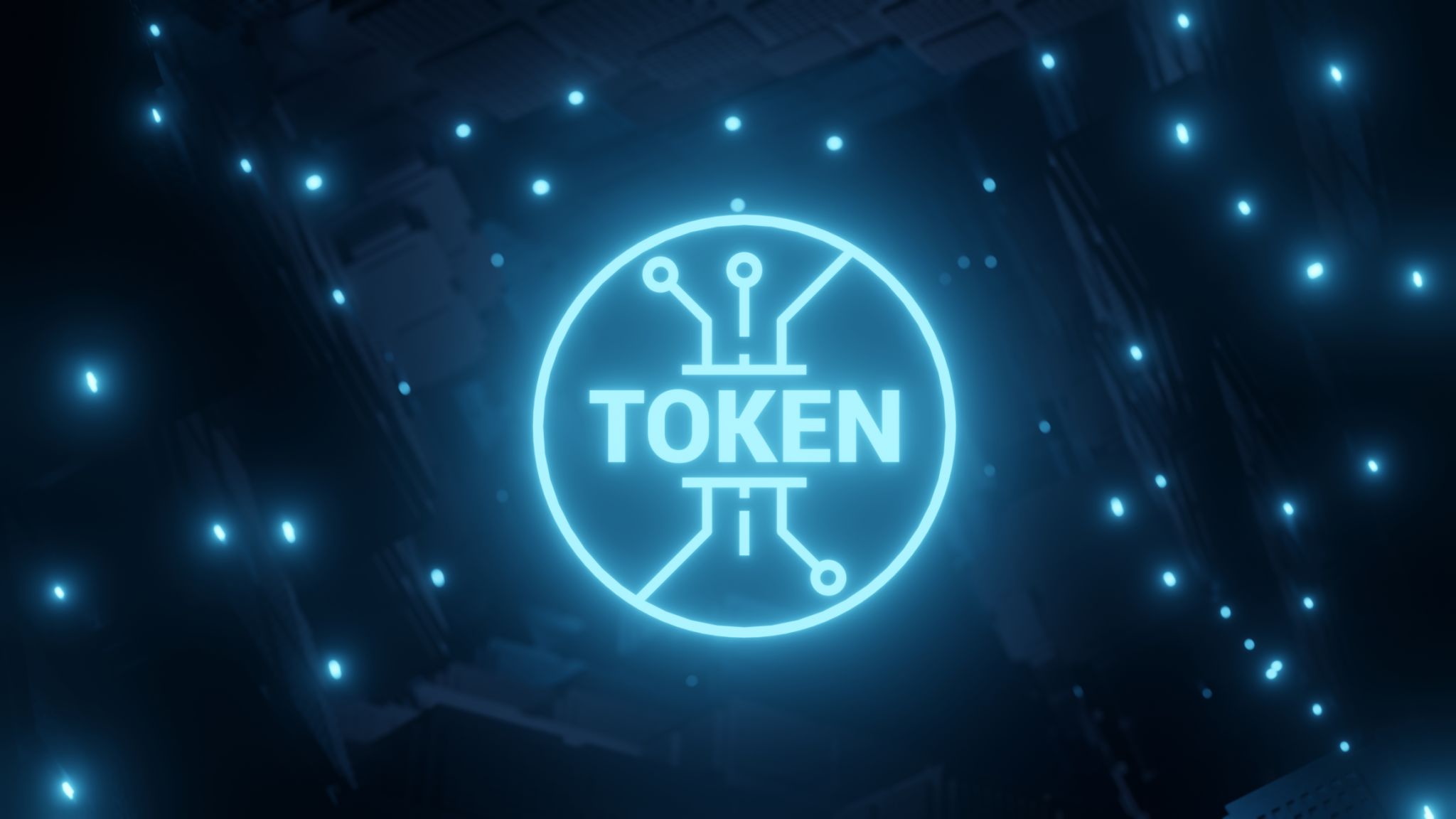Navigating Cross-Border Legal Challenges in Tokenised Ventures
Understanding Tokenised Ventures
In recent years, the emergence of tokenised ventures has transformed the landscape of finance and investing. By leveraging blockchain technology, these ventures allow for the creation and exchange of digital tokens, representing a diverse range of assets. However, as these ventures cross international borders, they face a myriad of legal challenges that must be navigated carefully.
Tokenised ventures are essentially businesses or projects that issue digital tokens as a method of raising capital or providing access to their services. These tokens can represent anything from equity shares to utility access, and they are typically traded on various blockchain platforms. The global nature of blockchain technology often means that these ventures operate across multiple jurisdictions, each with its own set of regulations.

Regulatory Compliance Across Jurisdictions
One of the primary challenges for tokenised ventures is ensuring regulatory compliance across different countries. Each jurisdiction may have its own definition of what constitutes a security, and consequently, what regulatory requirements apply. For example, a token that is considered a security in one country may not be classified the same way in another.
To navigate these complexities, ventures need to conduct thorough legal assessments and potentially adapt their token models to meet local regulations. This might involve registering with financial authorities or providing additional disclosures to investors. Engaging with legal experts who specialize in international finance and blockchain technology is crucial in this process.

Tax Implications and Strategies
Another significant challenge is managing the tax implications of operating a tokenised venture across borders. Taxation laws can vary widely, affecting everything from how tokens are classified to how they are taxed during issuance or trading. Understanding these differences is essential to avoid costly penalties and ensure the venture remains profitable.
Ventures should consider developing strategic tax planning methods that take into account the various tax obligations in each jurisdiction. This might include structuring the business in a tax-efficient manner or utilizing international tax treaties to mitigate tax liabilities.
Intellectual Property and Data Protection
Cross-border tokenised ventures must also address issues related to intellectual property (IP) and data protection. The decentralized nature of blockchain technology can complicate the enforcement of IP rights, especially when dealing with multiple legal systems. Ventures need to establish robust IP protection strategies that consider the global reach of their products or services.
Data protection is another critical area, particularly with stringent regulations like the General Data Protection Regulation (GDPR) in the European Union. Ensuring compliance with data protection laws across different jurisdictions is vital to maintaining trust with users and avoiding legal repercussions.

Dispute Resolution and Legal Recourse
Dispute resolution presents another layer of complexity for tokenised ventures operating internationally. When conflicts arise, determining the appropriate legal framework and jurisdiction for resolving disputes can be challenging. Ventures must establish clear terms and conditions that outline dispute resolution processes, ideally incorporating international arbitration clauses.
Legal recourse can also vary significantly between jurisdictions, affecting how disputes are managed and resolved. Ensuring that all contractual agreements are enforceable in each relevant jurisdiction is critical to safeguarding the venture's interests.
The Importance of Strategic Partnerships
To successfully navigate cross-border legal challenges, tokenised ventures should consider forming strategic partnerships with local entities in key markets. These partnerships can provide valuable insights into local regulatory environments and facilitate smoother market entry.
Collaborating with established players in the blockchain industry can also enhance credibility and bolster the venture's global presence. By leveraging local expertise, ventures can more effectively manage compliance risks and capitalize on new opportunities.